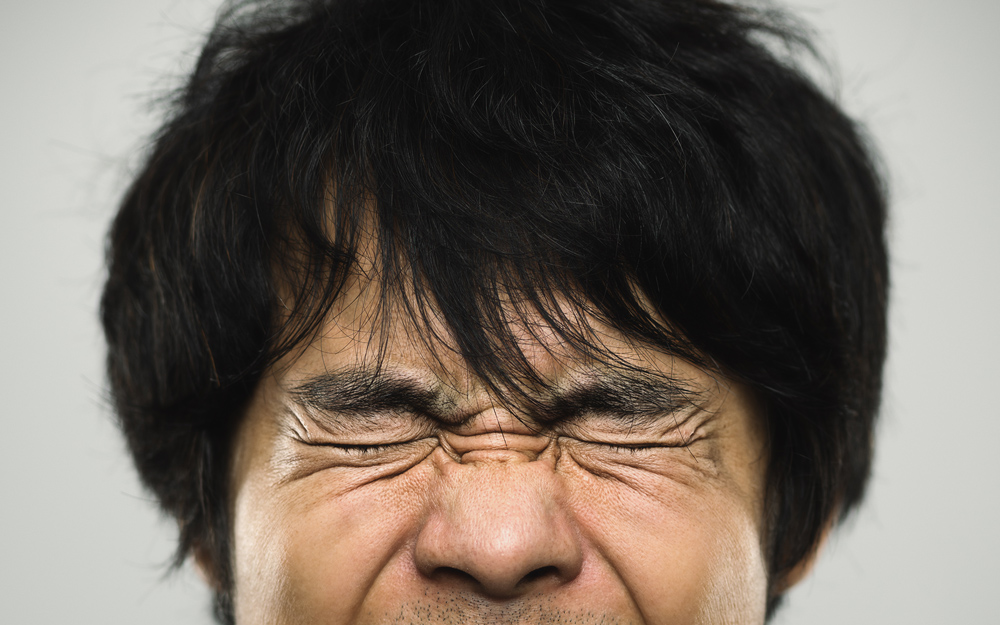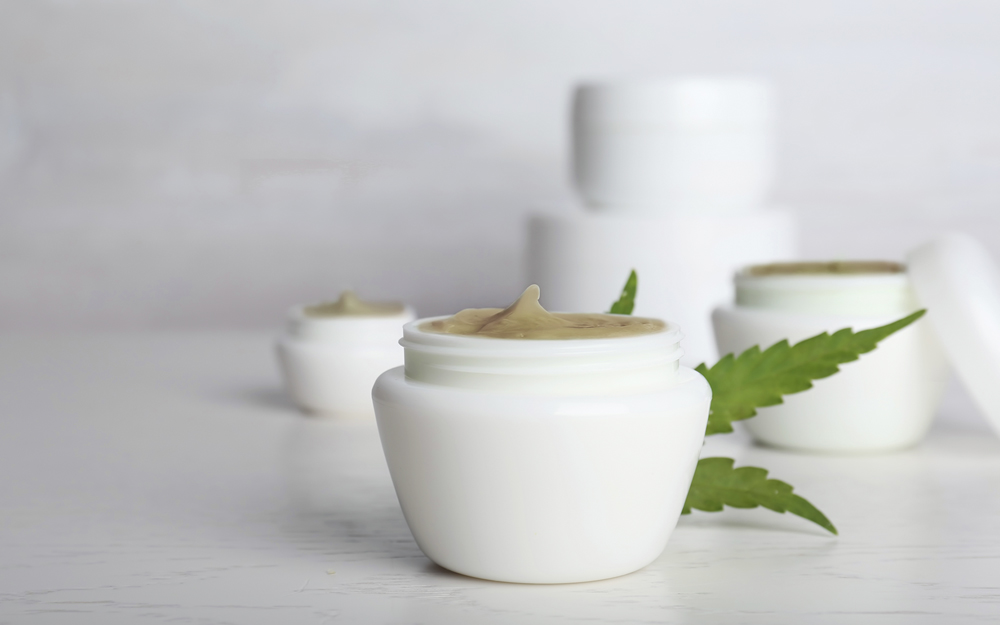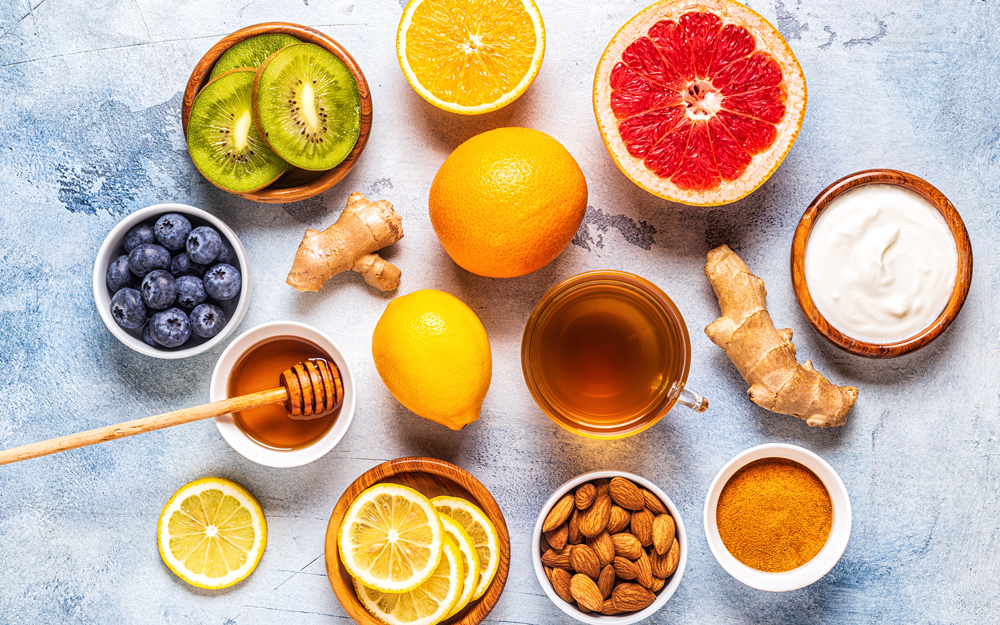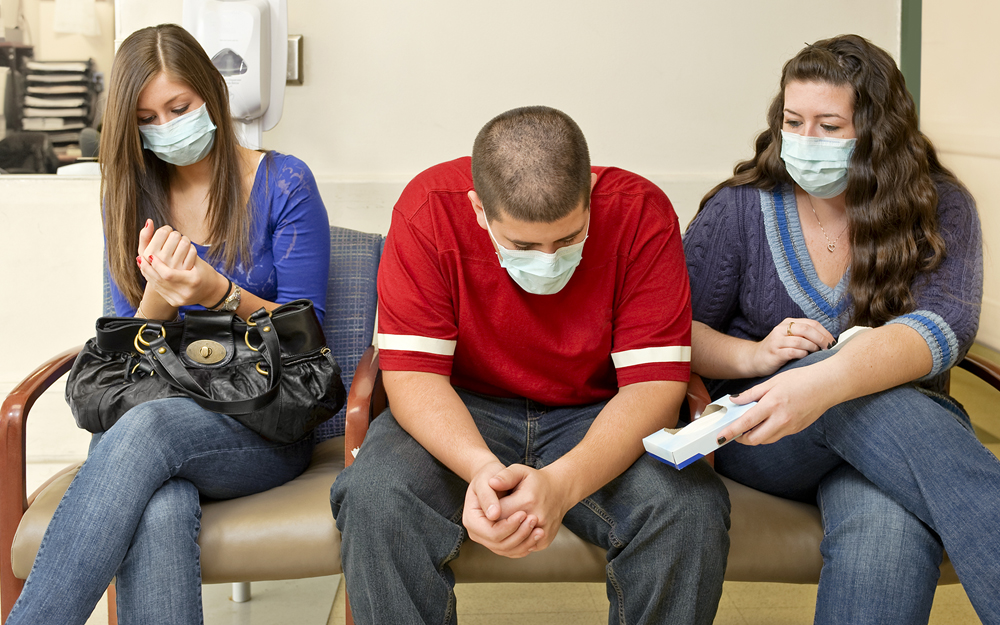What You Need to Know About Kidney Stones
Date
August 7, 2019
Credits

Date
August 7, 2019
Credits
Medical providers featured in this article
In Brief
{{cta-block}}

Passing a kidney stone is said to be some of the most severe physical pain a person can experience.
You may picture someone passing a kidney stone in excruciating pain while a small rock moves through their bladder, but according to Dr. Brian Benway, director of the Comprehensive Kidney Stone Program, pain peaks much earlier in the stone's journey.
"Contrary to popular belief, passing a kidney stone once it reaches the bladder isn't the painful part," says Dr. Benway.
The pain usually starts once the stone has migrated from the kidney into the ureter, the tube that carries urine from the kidney to the bladder.
"Basically, for the first-timer with a kidney stone, the symptoms are not subtle."
"The pain is usually sudden and quite severe on one side of your back and it can cause immediate nausea and vomiting," says Dr. Benway
"Basically, for the first-timer with a kidney stone, the symptoms are not subtle."
This sudden pain will begin to ebb and flow after the first few hours, gradually getting better after a few days. Dr. Benway says you shouldn't wait for the pain to ease—seek evaluation right away.
"Along with pain, kidney stones can sometimes be associated with infection, which will present itself as a fever," he says.
"Go to the ER right away if you have strong pain with nausea or fever."
Once imaging tests confirm the presence of a kidney stone, there are several methods to treat it, says Dr. Benway.
"We look at several factors when deciding on treatment: How big is the stone? Is there infection? Is kidney function good overall? Is the pain controlled?"
If the patient can't pass the stone or the stone is just too big, then there are several minimally invasive methods that can break it up.
The most common method uses a scope through the bladder and up the ureter into the kidney, where the stone is targeted with a laser, breaking it into dust.
The second method uses sound waves that break up the stone, which is usually easiest on the patient but is not ideal for all stones.
The third method is a procedure known as a percutaneous nephrolithotomy, and it's reserved for really big kidney stones. In this case, a small incision is made in the patient's back and a surgeon uses a scope to remove stones directly from the kidney.
"Chronic dehydration leads to kidney stones. You should drink enough to produce 2.5-3.5 liters of urine a day, which is a lot."
What about passing kidney stones the old-fashioned way?
"If a patient meets all the criteria to avoid surgery and the stone looks like it can pass, then I'll let the patient pass it, maybe with some pain medication," says Dr. Benway.
For those patients who pass their kidney stones without surgery, Dr. Benway suggests trying to capture the stone for analysis.
"It's a good idea to strain the urine at home if you're passing a stone," says Dr. Benway.
"A goldfish net from the pet store will do the trick. Capturing the stone is beneficial for us to analyze it and see what it's made of—and to confirm that the stone actually passed."
Stones that you think have passed but actually haven't can do a lot of damage to your body if they stay in there for an extended period.
"At the very worst, people lose kidneys because they think stones have passed but they never do, and their kidney ends up nonfunctioning," says Dr. Benway.
"Blockage and infection together make the stone act like an abscess, and people can become critically ill and can even die in that scenario."
In the Newsroom: A Couple Shares Their Journey Through Kidney Transplant
So how can you prevent kidney stones from forming in the first place?
"Chronic dehydration leads to kidney stones," says Dr. Benway. "You should drink enough to produce 2.5-3.5 liters of urine a day, which is a lot."
"Also, adding citrates to your diet—as found in lemons, limes, and oranges—are great for preventing kidney stones by changing the acidity in your urine. If you want to drink something other than water, drink some lemonade!"
He also suggests limiting excess salt and meat consumption when possible.
A genetic link hasn't been discovered, but kidney stones tend to cluster in families. This may be more of a function of hydration, diet, and geographical region.
"Kidney stones are more prevalent in hotter climates and places with more obesity," Dr. Benway says.
"The incidence of kidney stones are on the rise, and it's more common in women than it used to be. Drink a lot of water and eat your fruits and vegetables."





